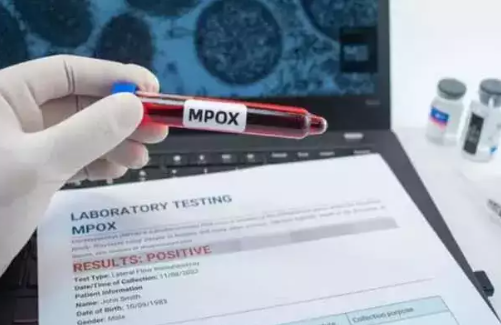WHO Approves First Mpox Test for Emergency Use
The World Health Organization (WHO) recently approved a new test called the Alinity m MPXV assay to help increase global access to testing for Mpox (formerly known as monkeypox). This decision, made on October 3, 2024, is in response to the growing need for quick and accurate testing as cases of Mpox rise, especially in areas facing outbreaks.
Understanding Mpox and its Emergence
Mpox is a viral infection that can cause serious health problems. In August 2024, the WHO declared a rise in Mpox cases, particularly in Africa, as a public health emergency of international concern. Since then, India has also reported 30 cases. Because Mpox can spread quickly, having reliable testing is crucial for controlling the virus.
Current Testing Capacity
In India, 35 labs are ready to test for Mpox. However, many countries in Africa are struggling with limited testing facilities and long delays in confirming cases. This lack of resources makes it harder to stop the virus from spreading. In 2024, over 30,000 suspected Mpox cases were reported in Africa alone.
Diagnostic Testing Methods
The WHO recommends using a test called PCR (Polymerase Chain Reaction) to confirm if someone has Mpox. The Alinity m MPXV test is a specific type of real-time PCR test that looks for the virus’s DNA in skin lesions (rash or blisters). This test gives reliable results, but it needs to be done by trained lab professionals.
Significance of the EUL Listing
The approval of this test under the Emergency Use Listing (EUL) is a big step forward. The EUL process is used during public health emergencies to fast-track access to important medical tools, like diagnostic tests. This helps contain the virus and protect people, especially in areas that don’t have enough medical resources.
With the approval of this test, it is expected that Mpox testing will become much more available and faster, especially in regions where it’s needed the most. This will help identify cases quickly and manage outbreaks better, ultimately protecting public health in affected areas.
Month: Current Affairs - October, 2024
Category: International / World Current Affairs







